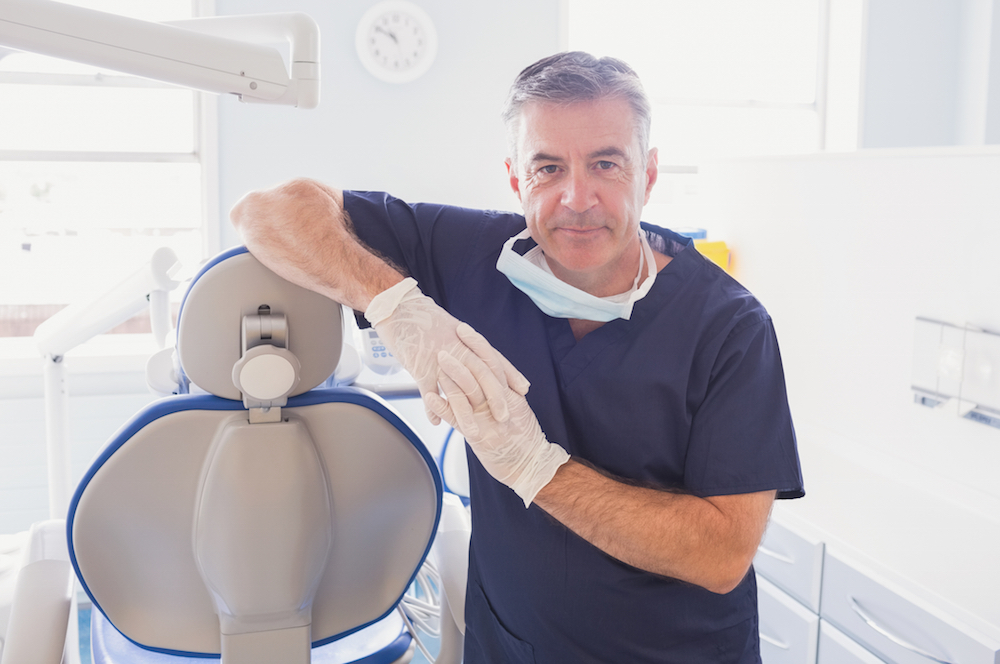
Many young, healthy people first come into contact with prescription opioids in their dentist’s office.
A new study shows that rates of opioid prescribing from dentists increased, even while overall rates of opioid prescriptions declined as providers became more aware of the risks of these drugs.
In response, the American Dental Association (ADA) has announced a new opioid policy, which limits prescriptions to seven days, mandates education about opioid risks for dentists, and encourages dentists to use prescription monitoring systems.
“As president of the ADA, I call upon dentists everywhere to double down on their efforts to prevent opioids from harming our patients and their families,” ADA President Joseph P. Crowley said in a news release. “This new policy demonstrates ADA’s firm commitment to help fight the country’s opioid epidemic while continuing to help patients manage dental pain.”
The policy change was announced two days after a study was published in the Journal of the American Dental Association, showing that opioid prescriptions from dentists increased between 2010 and 2015, and that one-third of opioid prescriptions from dentists were not associated with surgery.
One of the most alarming findings was that opioid prescriptions increased most sharply for dental patients ages 11 to 18.
“Dentists are the number one opioid prescriber for adolescents and the prescribing rates were already though the roof,” Dr. Andrew Kolodny, co-director of the Opioid Policy Research at Brandeis University, told CBS News.
He praised the ADA’s new policy. “[The new policy] suggests the dentists are stepping up to the plate. It’s a worthwhile effort because overprescribing for acute pain is a big deal.” However, Kolodny did have some criticism. “Limiting quantity as opposed to duration would have been better.”
The use of opioids by teens having dental procedures has been cause for concern. “There are studies that show that children who are exposed to opioids… after their wisdom teeth come out are much more likely to use opioids non-medically—basically recreationally, to abuse them later in life,” Kolodny told The Daily Beast last year.
“Although in general I would tell parents that they should trust their doctors and dentists in the case of opioids, this is a situation where they can’t necessarily trust their doctors and dentists,” Kolodny said. “Doctors and dentists have been underestimating how addictive and dangerous these drugs are, and we’ve been overestimating how helpful they are, and that has a lot to do with the influence for 15 years of a brilliant marketing campaign.”
In the same issue of the Journal of the American Dental Association was a study showing that using non-opioid pain control, including over-the-counter medications, was just as effective in treating acute pain.
That is in line with another study that found that over-the-counter medications and other non-opioid pain relief were just as effective than opioids at treating chronic pain.
